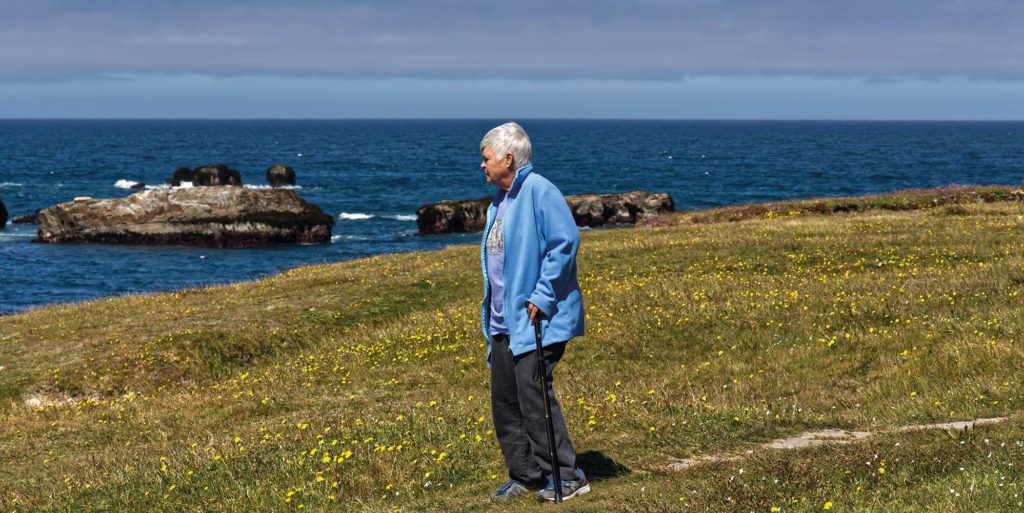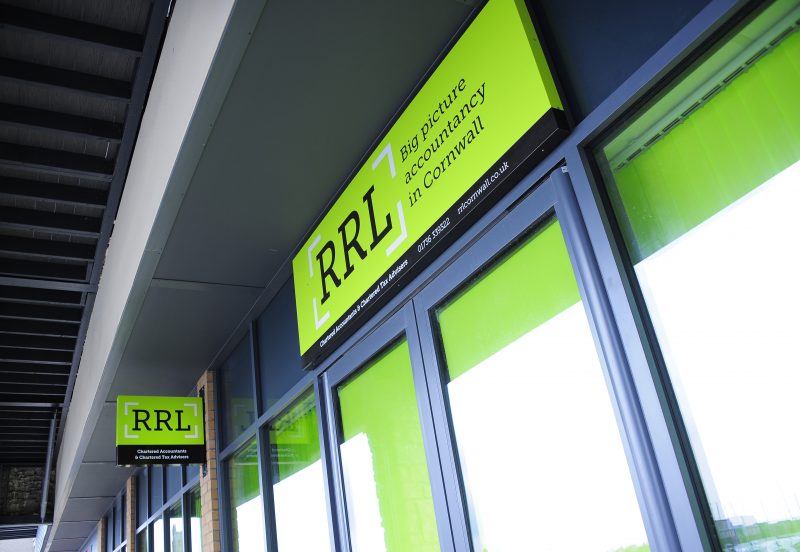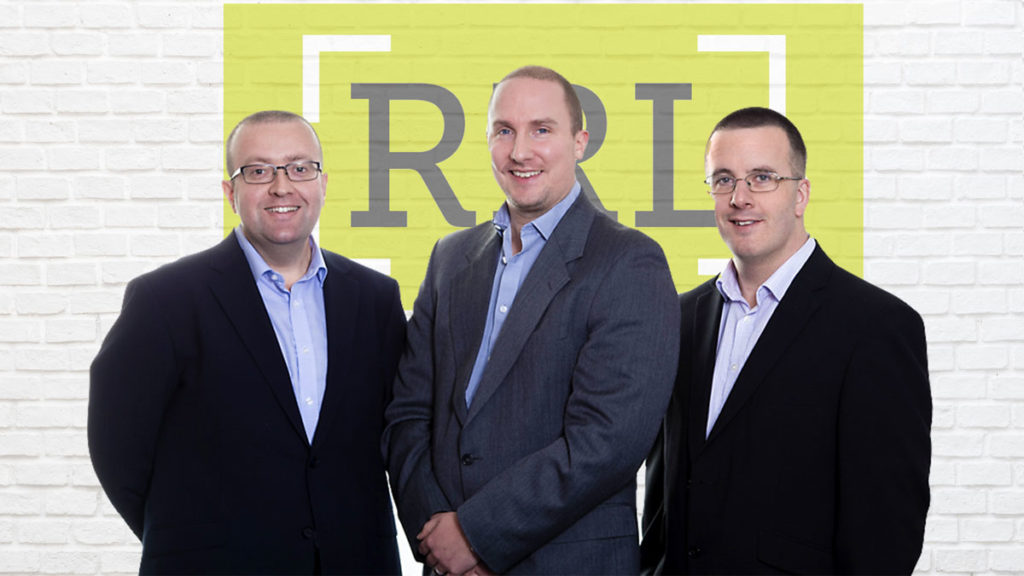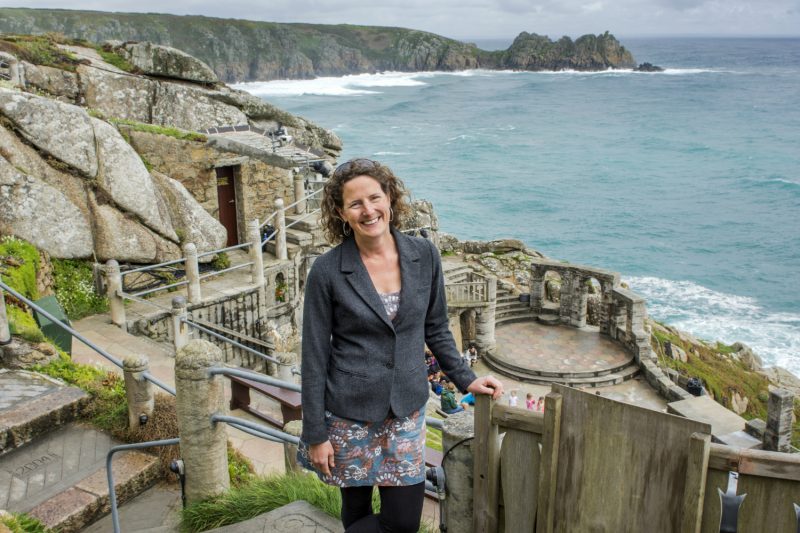

Changes on the horizon
Steve Maggs from RRL Cornwall explains that it’s never been more vital to seek advice you can trust as inheritance tax receipts hit a new record high.
I’m sure we’re all guilty of putting things like wills and future planning to the back of our minds (and priorities) for a time in the far distance, but with changes in inheritance tax shifting under our feet, times have never been more uncertain. With the right advice and support system behind you, there is still a way for you to be on top of your plans and the future of your loved ones with the help of a reputable Cornish company you can trust. Steve and the team over at RRL Cornwall have been carefully monitoring the rise in inheritance tax receipts, and discuss the importance of well-planned preparation to stay in control when the time comes.
“Recently released data by HM Revenue & Customs (HMRC) shows that receipts from inheritance tax totalled a new record high of £5.4bn in the 2020/21 tax year,” explains Steve. “Inheritance tax is charged at 40% on the amount by which a person’s estate, plus the value of gifts made in the final seven years of the person’s life, exceeds their nil rate band (NRB) – currently £325,000. The unused NRB of a spouse or civil partner who died first can be claimed on the death of the survivor, making a current combined NRB of £650,000 per married couple/civil partnership.”
A new ‘residence nil-rate band’ (RNRB) was also introduced on 6th April 2017 that provides a further £175,000 nil-rate band per individual, where applicable. “This broadly applies where a person who has died owned a home or a share of a home which passes to direct descendants (e.g children, grandchildren etc),” Steve elaborates. “An unused RNRB is also transferable between spouses and civil partners, which means that the allowance can potentially be doubled on the death of the second person. The availability of the RNRB is reduced where a person’s estate exceeds £2million. The availability of both nil-rate bands means that currently a couple’s children (or direct descendants) can inherit up to £1m of an estate without paying tax.”
However, despite the relatively recent introduction of the RNRB the inheritance tax receipts still continue to increase. Steve continues: “The statistics also highlight how low the inheritance tax receipts are compared to other taxes (such as income tax, corporation tax, VAT, capital gains tax, NIC etc). This low total, in relation to the relatively high amount of administration, means that law changes would be logical to increase the tax take in the future. The levels of BRB and RNRB have been frozen until 2026, and rafts of other changes reforming inheritance tax have been recommended that will only see the inheritance tax receipts increase further, and the exposure to the tax for individuals increasing.”
Steve encourages all individuals to regularly review their exposure to inheritance tax as liabilities can be mitigated through effective planning. The availability of effective planning has led many to state that inheritance tax is voluntary. Steve, who is a Tax Partner and a Chartered Tax Adviser at RRL, says: “The Treasury’s record Inheritance Tax haul shows the importance of speaking to a qualified, experienced Chartered Tax Adviser and putting in place planning that will potentially reduce the tax burden for your loved ones. It is also essential to review your will to confirm it is up-to-date with current tax legislation. Our solicitors in our sister legal business, RRL Wills, offer this service meaning that the tax advice and legal advice is collaborative. During Probate, executors need to ensure that they are claiming all available tax reliefs and a firm such as RRL, which offers both Probate and tax advisory services, is ideally placed to do this for clients.”
RRL understand that this sort of information can be overwhelming in difficult times, but preparation and the right support is paramount in protecting your loved ones when the time comes, and RRL are in a prime position to be able to offer all the advice and knowledge you’ll need to ensure their future.
RRL Cornwall
01736 339322






